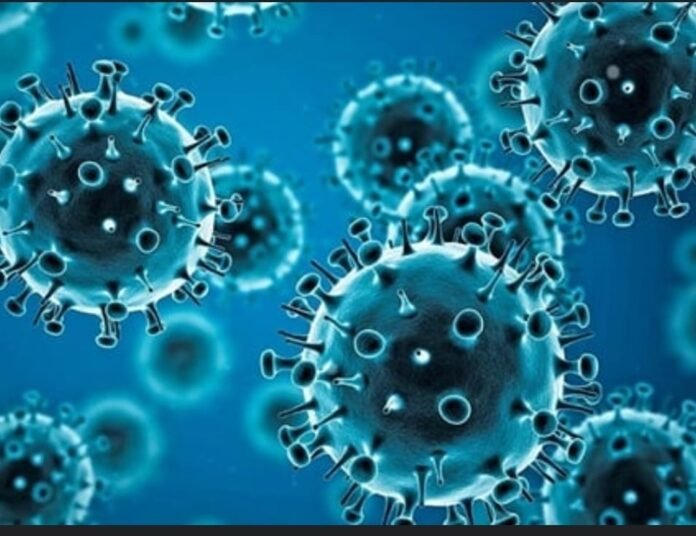The Covid-19 pandemic has been an unprecedented global health crisis that has affected nearly every aspect of life. Since the first cases were reported in December 2019, the virus has spread rapidly across the world, infecting millions of people and causing a significant number of deaths.
One of the most challenging aspects of this pandemic has been the speed at which it spreads, making it difficult to contain. The virus is primarily transmitted through respiratory droplets when an infected person talks, coughs, or sneezes, making it highly contagious.
The pandemic has also highlighted existing inequalities and disparities in healthcare systems around the world. Some countries have struggled to cope with the sheer number of cases, resulting in overwhelmed healthcare systems and shortages of critical medical supplies and equipment.
Governments and public health authorities have implemented various measures to slow the spread of the virus, such as lockdowns, social distancing, and mask mandates. The development and distribution of vaccines have also been crucial in the fight against the virus, with millions of doses administered globally.
Despite these efforts, the pandemic continues to impact communities worldwide, with new variants of the virus emerging and spreading rapidly. It is essential to remain vigilant and continue to follow public health guidelines to protect oneself and others.
The Covid-19 pandemic has brought about significant changes in the way we live, work, and interact with one another. It has highlighted the importance of collaboration and cooperation between governments, healthcare systems, and individuals to combat global health crises. While the end of the pandemic may be in sight, it is crucial to remember the lessons learned and prepare for future health emergencies.

